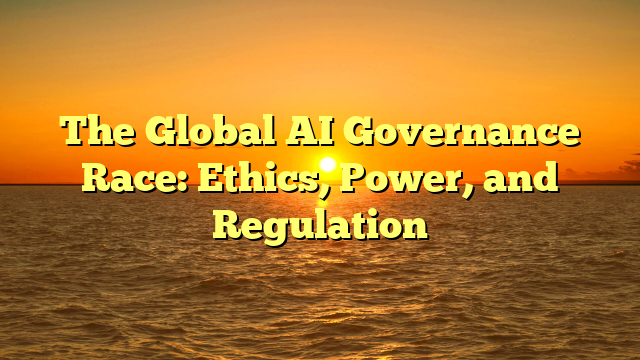Artificial intelligence has become the newest arena of political competition — not just for innovation but for moral authority. Governments worldwide are racing to regulate AI systems that could redefine labor, warfare, and even naga169 link alternatif democracy itself.
The European Union leads the charge with its AI Act, set to take effect in 2026. It classifies AI tools by risk level, banning social scoring and requiring transparency in biometric surveillance. Meanwhile, the United States relies on voluntary frameworks, wary of stifling innovation. China, by contrast, enforces strict censorship and algorithmic control, framing AI governance as a tool of social stability.
This divergence has global implications. Developing countries must navigate competing models — one emphasizing rights and ethics, another prioritizing control and efficiency. “AI regulation is becoming geopolitics by other means,” says analyst Dr. Priya Menon.
Tech giants, from OpenAI to Alibaba, have become political actors in their own right. Their lobbying shapes laws, while their platforms influence elections and information ecosystems. The absence of a unified global code risks digital fragmentation, echoing Cold War–style divisions.
At the United Nations, efforts to draft a Global AI Charter face disagreement over accountability and intellectual property. Advocates call for a “Geneva Convention for AI,” warning that unregulated development could unleash social instability and surveillance abuse.
As algorithms become arbiters of truth and justice, the governance of AI may determine not just who leads technologically — but what kind of society humanity chooses to build.


